From the Weekly Standard:
Two weeks ago the satirical website The Babylon Bee posted a parody in which the pope says that he will address the sex abuse scandal after he’s finished talking about climate change.
The head of the Roman Catholic Church claimed he is deeply concerned with the tragic report, but is “just too swamped” with work fighting climate change, criticizing capitalism, and advocating for other issues of social justice to talk about the repulsive report at the moment.
But parody can no longer keep up with the pace of reality.
This week, Chicago’s Cardinal Blasé Cupich, channeled the Bee, when he told a local television station that “the Pope has a bigger agenda," than responding to charges by Archbishop Carlo Maria Viganò that he knew about incidents of sexual abuse. "He's got to get on with other things,” Cardinal Cupich said, “of talking about the environment and protecting migrants and carrying on the work of the church. We're not going to go down a rabbit hole on this."
The rabbit hole, of course, is the decades-long molestation of thousands of children and the church’s role in enabling and covering up the crimes. More specifically, the cardinal was referring to allegations that Pope Francis knew that former Washington Cardinal Theodore E. McCarrick had preyed on seminarians and had been admonished by the pope’s predecessor.
But as tone deaf as Cupich’s comments were, they reflect a more depressing turn in the church’s struggle to come to grips with the crisis. Progressives in the church have assumed a defensive crouch around the pope because they see him as besieged by right-wing critics who have seized on the reports of abuse to weaken his papacy.
Perhaps it is inevitable that every issue is drawn into the vortex of tribalization, but there is still something profoundly disconcerting about the way that the abuse scandal has been subsumed by the larger cultural war in the church that pits left versus right.
The New York Times was among the first to cast the new allegations in ideological terms. In an article headlined “Vatican Power Struggle Bursts Into Open as Conservatives Pounce,” the paper said that with the release of Vigano’s letter an “ideologically motivated opposition has weaponized the church’s sex abuse crisis to threaten not only Francis’ agenda but his entire papacy.”
Slate quickly picked up the same theme in an interview with Massimo Faggioli, a professor of theology and religious studies at Villanova University.
Viganò, professor Faggioli insisted, “is just using the Western church, and American Catholicism, and the shock caused by the revelations against Cardinal McCarrick, to make his own personal case against the Vatican, which expelled him and didn’t make him a cardinal.” But he is quick to put Vigano’s charges in the context of the larger culture war between “liberal progressives who like Francis and conservative traditionalists who don’t like Francis.”
And he is using the right-wing rhetoric in the United States against Francis to rally ideological forces that are interested in regime change in the Catholic Church because they think Francis is a heretic. They are not concerned that Francis might be an accomplice in a cover-up. They have waged a war against Francis since his election.
This all sounds familiar to anyone who has even casually followed the rhetoric of our polarized politics, where even the most serious charge can be dismissed as part of a vendetta.
But we are not dealing here with normal politics; the church is confronting a Reformation-level crisis involving a horrendous pattern of abuse, rape, and silence. And while legitimate question can and ought to be raised about the credibility Archbishop Vigano’s charges, isn’t the central—really the only— question here whether or not they are true?
Whatever Vigano’s politics, shouldn’t the church be united on those questions: Is he telling the truth? Did the pope know, or didn’t he? Did Pope Benedict sanction Cardinal McCarrick or not? What actually happened here?
Of course, progressives feel they have a stake in Francis’s papcy, but is this the hill they really want to die on? How do they imagine this will end?
Ross Douthat writes that it is understandable “why certain organs and apostles of liberal Catholicism are running interference for McCarrick’s protectors—because Francis is their pope, the liberalizer they yearned for all through the John Paul and Benedict years, and all’s fair in the Catholic civil war.”
But, he warned, “the inevitable, even providential irony is that this sort of team thinking never leads to theological victory, but only to exposure, shame, disaster.”
